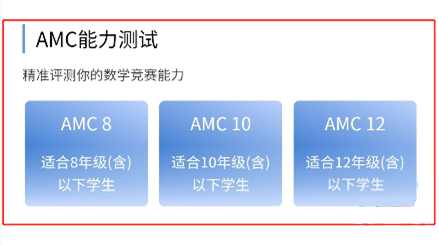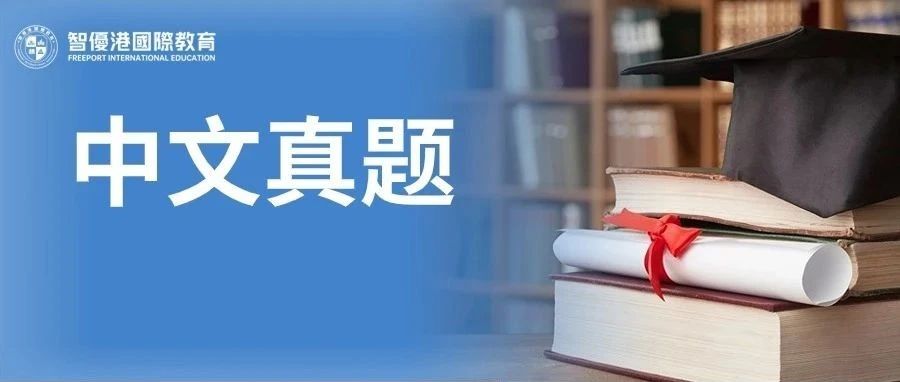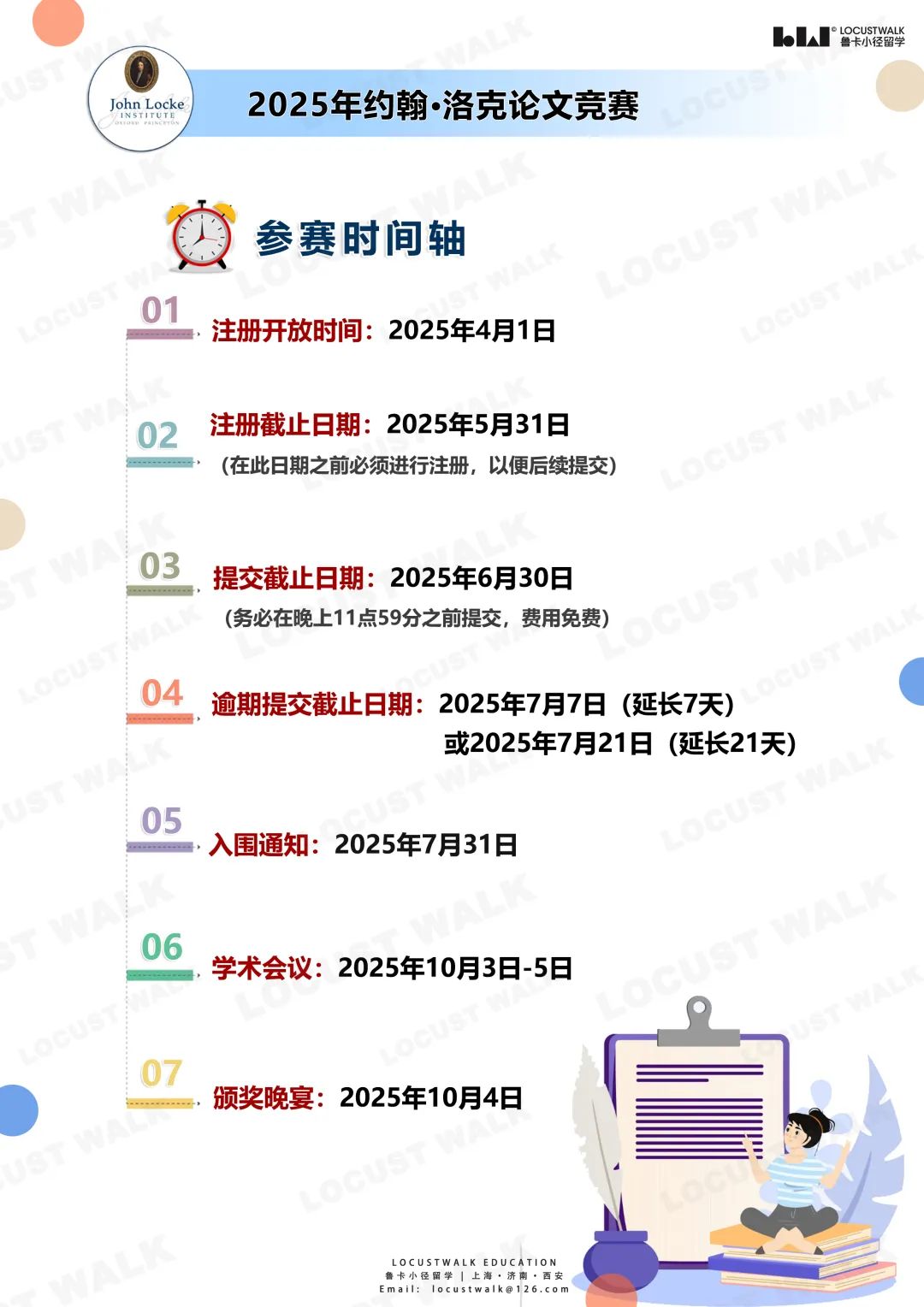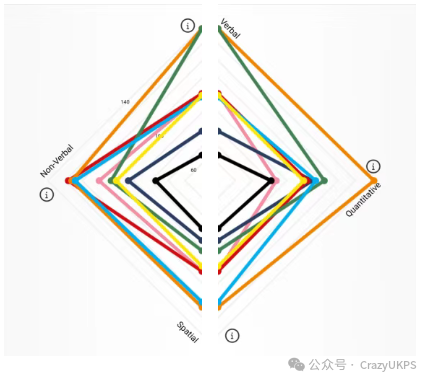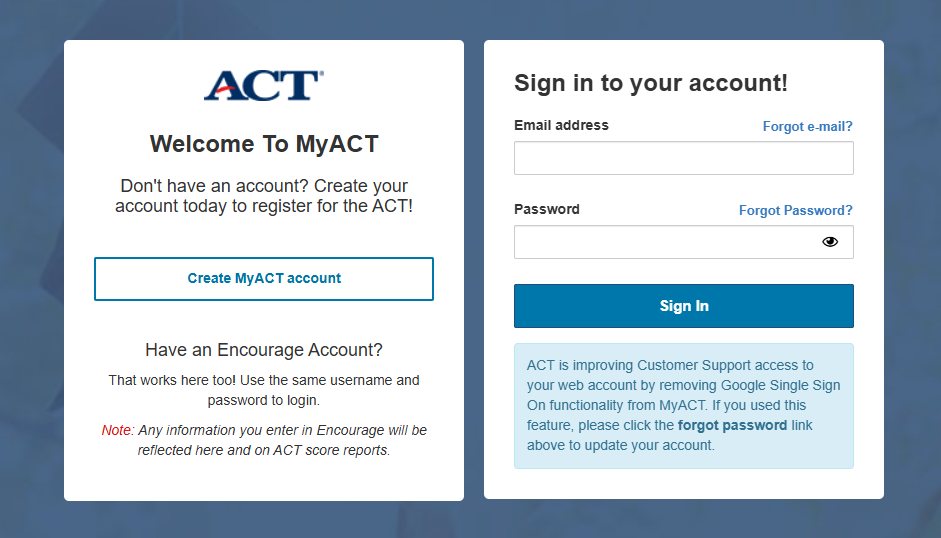在美本申请中,Child Abuse是个常见主题。写的人很多,写得好的人却很少。
今天要说的这篇哈佛主文书,写的也是自己abusive的母亲。一个常见主题,却为作者赢得了几乎藤校的大满贯。
This essay, although published in April 2017 by Business Insider's, didn't go viral in that year. It was the same year that Carolina Williams’ Pizza essay caught everyone's eyeballs.
The author, Luke Kenworthy, was a senior at Mercer Island High outside of Seattle, WA. According to Business Insider, Luke was a star student from his school, with all APs taken, student government heavily involved, and several overseas good-doings missioned. But what differentiated his application during that competitive season was his essay. Luke had to change his main essay after being deferred by Harvard in early admission. And, this new essay won him the admissions of seven Ivies and a waitlist at Yale.
* Abusive & Abused Mom *
Luke Kenworthy
The soft thumping of my dad's heart provided a small degree of solace as I cried with my head on his chest. I was in fifth grade. He had just told me that my mom, having been attacked by her boyfriend, was in the hospital. I remember being surprised with myself, surprised that I would be sad after all she had done. This was the same person who, when I was eight, threw a drunken party at our house for teens younger than I am now. This was the same person who would disappear after spending nights at the bar, the person who went to jail for trying to strangle my dad in an inebriated stupor. She had not been a part of my life for over a year since my dad received sole custody; I thought I had closure, that I was ready to move on. Yet, hot tears still ran down my cheek as I imagined her swollen face and the bruises on her arms.
I had always been shy as a kid and the absence of my mom exacerbated this problem as I tried to unhealthily suppress my insecurities and fill her absence with others' approval. In sixth grade, I constantly sought the attention of a group of kids who, in turn, bullied me. Consequently, when I switched schools going into seventh grade, I was shy and timid, afraid to engage with new people. I pictured myself near the bottom of a rigid social hierarchy. The next year, I started to branch out more, but inside, I remained obsessed with how others perceived me.
Entering high school, I would spend hours at a time thinking about my insecurity and talking through memories of my mom with my dad. During this time, I would always remember how I had stared numbly into the ripples of my dad's shirt as a fifth grader. I could never forget that feeling of helplessness, but with repeated reflection, I began to understand this moment in a different way. Given her circumstances — raised by an abusive, alcoholic father and a neglectful mother; involved in several dysfunctional relationships with controlling men; drinking to numb the injustices of life, but then realizing it was too late to stop — I have no way of knowing if my life would be any different from hers.
For the first time, I began to understand an idea that has since granted me freedom: I cannot walk in my mom's shoes, and thus, no one else can truly walk in mine. The way others perceive me is inherently inaccurate, so I do not need to concern myself with what others think. This realization provided me the freedom to become untethered from the approval of others, finally at ease with myself.
I started to open up. Throughout high school, I began talking to others about ideas that fascinated me, like space travel and philosophy, rather than frantically searching for common ground. I quit football, realizing that I largely participated for the status it brought me, and joined cross country, because I genuinely enjoy running. I started holding the door open for my classmates almost every morning, greeting them as they arrived at school, hoping to brighten their day. I became engaged in my role on student council, which paid off when I was elected student body president. Even then, it wasn't the role itself that I found meaningful, but the way I could use it to help others. The basis of my friendships shifted from validation seeking to mutual, genuine respect.
As I listened to my dad's heartbeat that night, my mind filled with anger and sorrow. However, in hindsight, I am thankful for the lessons I learned from my mother; the pain I felt was a necessary step in the process of becoming the person I am today, someone who is unafraid to express himself.
* Review Comments *
A few points highlight Luke's admit-ability. A growth-out-of-child-abuse story differentiates him from competitors, especially during a time when elite colleges become increasingly conscious in social justice and equity. Luke's essay tells a child abuse story, a subject common in college admission. Having an abusive mother in childhood caused his insecurity, for which approval from peers seemed Luke's instant cure. As growing up, Luke became cured by understanding and rationalizing his mother's absence. Eventually, Luke's validation seeking was replaced by mutual respect in his high school.
The loopback structure, then, gives an artful penning of his story. The whole story starts at and ends with dad's heartbeat, a comforting rhythm for Luke since 5th grade. Father's thumping heart is an unexpected plot in such a child-abuse story that everyone deemed ordinary. Tearing for an abusive and abused mother is another unusual scene, which naturally leads to the development of the story. Concluding his self-revealing piece with dad's heartbeat loops back to its debut, both settling and aspiring.
Albeit, is it all about this essay? Two years into Harvard, Luke revealed on YouTube what he's been thinking about his own story.
“I've been thinking recently about how, a lot of times, I'll have this idea, or epiphany, that it feels like I have something figured out, and that later on I realized either I wasn't as progressed as I was, or I totally just didn’t figure it out at the time. Basically, I realized in the hindsight that I was wrong (originally). There were some tangible examples of this phenomenon within my college essay.”
Luke went further named three things in this essay that he didn't tell truth. One, there is no way that, at age of 18, friendships are not validation seeking. Two, he was attached to the ego and attention from others in the role of student body president. Three, his talk with high school friends are mainly validation seeking but not deep-like topics of space travel and philosophy.
“Although I definitely made progresses in these areas, I presented in the essay with a degree of finality as if I have completely figured it out. If I … (speaking truthfully on this) in the essay, I would make myself less appealing.”
Luke is honest. We are all lying when we are asked to expressed ourselves, especially in college application essays. Speaking grandly true when it is partially a truth is common in such a self-selling situation. The truth is you are genuinely feeling it. You can fake some facts, but you can never fake your emotion. That Luke has been truly angry and sorrow is what an admission officer looks for in reading his essay. When she empathizes you, there is no necessity for fact checking.
今天这篇在香港各力中仓促完成,就不再写中文版评论了。





